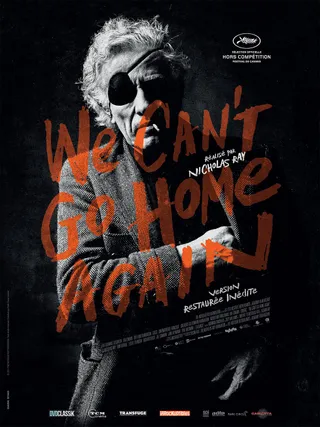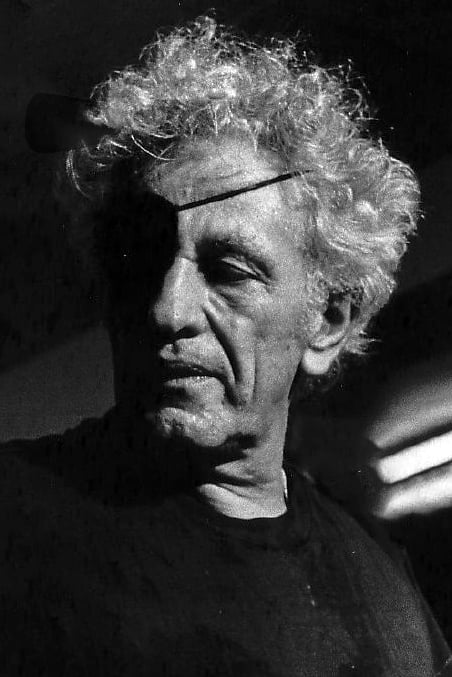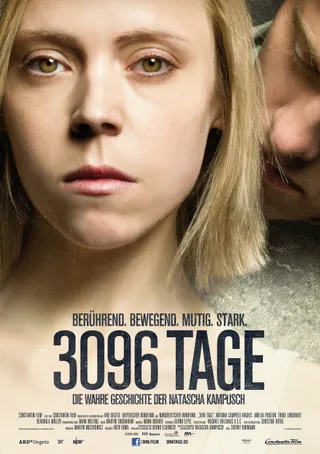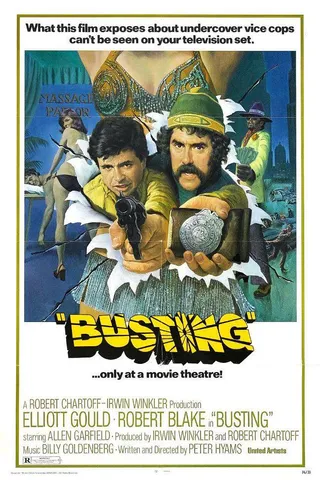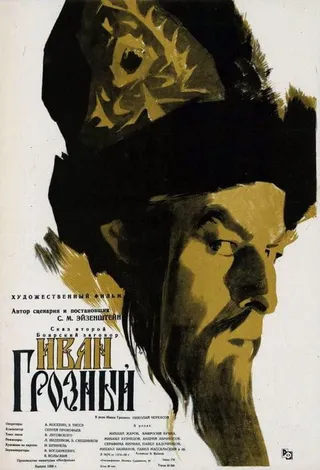我们无法再回家
We Can't Go Home Again (1973)
电影
美国
英语
剧情
Nicholas Ray ended his Hollywood career with his most expensive production, 55 Days in Peking (1963), and followed it ten years later with his least expensive, an experimental and politically radical ..
查看全部
Nicholas Ray ended his Hollywood career with his most expensive production, 55 Days in Peking (1963), and followed it ten years later with his least expensive, an experimental and politically radical independent feature made with his film students. Each movie is a shambles, though if I had to choose between them I'd probably opt for this one, which is certainly the more original. Ray and his students play themselves in docudrama situations that culminate in Ray's (fictional) suicide, and often he combines several images into crowded frescoes. The film reeks of countercultural alienation and anguish, and when it premiered at Cannes in 1973, Ray spoke of trying to make "what in our minds is a Guernica" out of such materials as "a broken-down Bolex" and "a Mitchell that costs $25 out of navy surplus." He tinkered with the film for years, and the 1976 date commonly assigned to it refers to a second unfinished version, which, lamentably, is unavailable. It's upsetting in many ways, but as a document of its time there's nothing remotely like it.
From 1971 to 1973, Ray taught filmmaking where he and his students produced We Can't Go Home Again, an autobiographical film employing multiple superimpositions. In the spring of 1972, Ray was asked to show some footage from the film at a conference. The audience was shocked to see footage of Ray and his students smoking marijuana together. An early version of the film was shown at the Cannes Film Festival in 1973, but Ray, never satisfied with the project, continued editing it until his death in 1979. He secured teaching positions at the Lee Strasberg Institute and New York University with the help of old friends.
导演:尼古拉斯·雷
编剧:汤姆·法雷尔 / 尼古拉斯·雷
主演:Richard Bock / Tom Farrell / Danny Fisher
